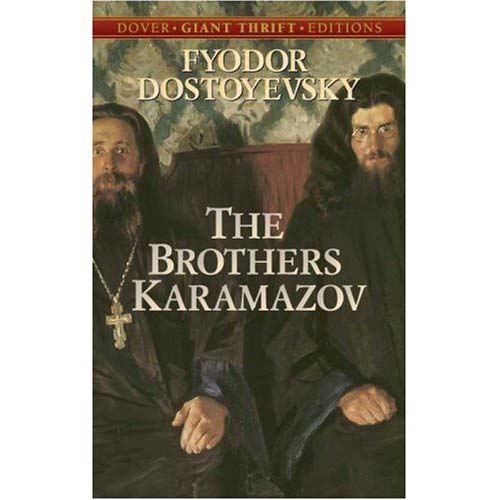Kurt Vonnegut’s famous character Eliot Rosewater from “Slaughterhouse Five” noted that, “Everything there was to know about life was in ‘The Brothers Karamazov.’”
From theology to philosophy, Fyodor Dostoevsky explores many of life’s most important questions and concerns in his masterwork, “The Brothers Karamazov.” Topics including suffering, free will, lust, greed, justice and redemption are interwoven into the complex story of a dysfunctional family, struggling to coexist peacefully.
Set in 1860 Russia, “Brothers” is the tale of a licentious father, whose severe neglect of his sons leads to one of them brutally murdering him. Though their father is a wicked man, the brothers all share guilt surrounding his violent death.
Several characters are counted as some of the most fascinating in all of literature. The youngest brother, Alexei Karamazov, is a young man wise beyond his years. His simple, yet loving disposition causes even his wicked father to question his life of pure self-gratification.
Elder Zossima, a local priest, provides stunning insight into theology and philosophy. Zossima is a perfect example of Dostoevsky’s method of using characters to symbolize ideas.
Dostoevsky probes the depths of the human mind, and even explores psychological subjects. Sigmund Freud was enamored with “Brothers,” calling it “the most magnificent novel ever written.”
Though the book is a pleasurable read, it is not for the faint of heart. Russian authors frequently use many interchangeable names for the same characters, causing unending confusion. Even if one can master the names, they may have difficulty with the length.
Depending on the version selected, “Brothers” will likely be around 750-1,000 pages long. The Russian novelists are known for their meticulous description, and the “Brothers” does not stray from this model. If one can muster the courage to face these challenges, the “Brothers” is a rewarding read and a transcendent piece of literature.







